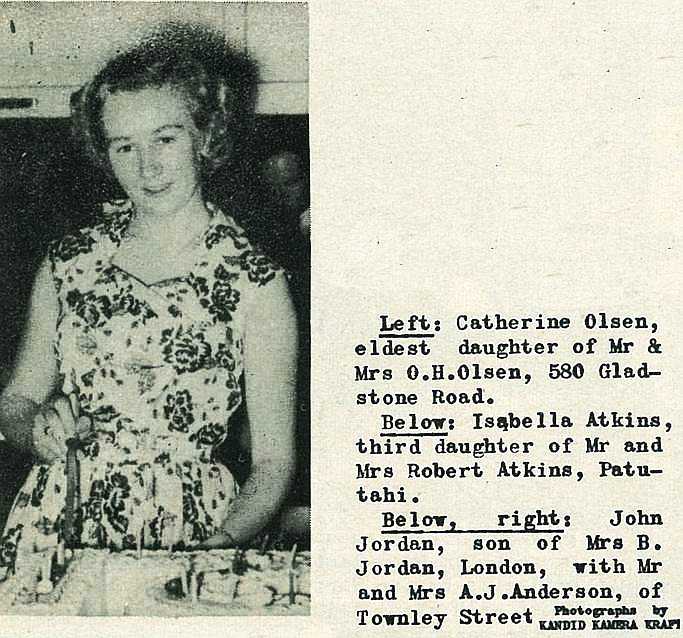
My First Thirty Years is profoundly human and shockingly candid, a rallying cry that cost its author her career and her freedom. She is undaunted by authority figures but secretly ashamed of her origins and yearns to be loved. Along the way, Beasley bes a strident activist for womens rights, socialism, and sex education, which she sees as key to restoring bodily autonomy to women like those she grew up with. With characteristic ferocity, Beasley rejected a life of dependence, persisting in her studies and bing first a teacher, then a principal, then a college instructor, and finally a foreign correspondent. Her mother and sisters braved male objectification and the indignities of poverty, with little if any control over their futures.

Beasley penned one of the most brutally honest coming-of-age historical memoirs ever written, one which strips away romantic notions about frontier womens lives at the turn of the 20th century. Though British Nobel Prize winner Bertrand Russell called My First Thirty Years truthful, which is illegal and Larry McMurtry pronounced it the finest Texas book of its era, Beasleys words have been all but inaccessible for almost a century-until now.

Shortly after its 1925 publication, Gertrude Beasleys ferociously eloquent feminist memoir was banned and she herself disappeared under mysterious circumstances. Book Synopsis Thirty years ago, I lay in the womb of a woman, conceived in a sexual act of rape, being carried during the prenatal period by an unwilling and rebellious mother, finally bursting from the womb only to be tormented in a family whose members I despised or pitied, and brought into association with people whom I should never have chosen.


 0 kommentar(er)
0 kommentar(er)
